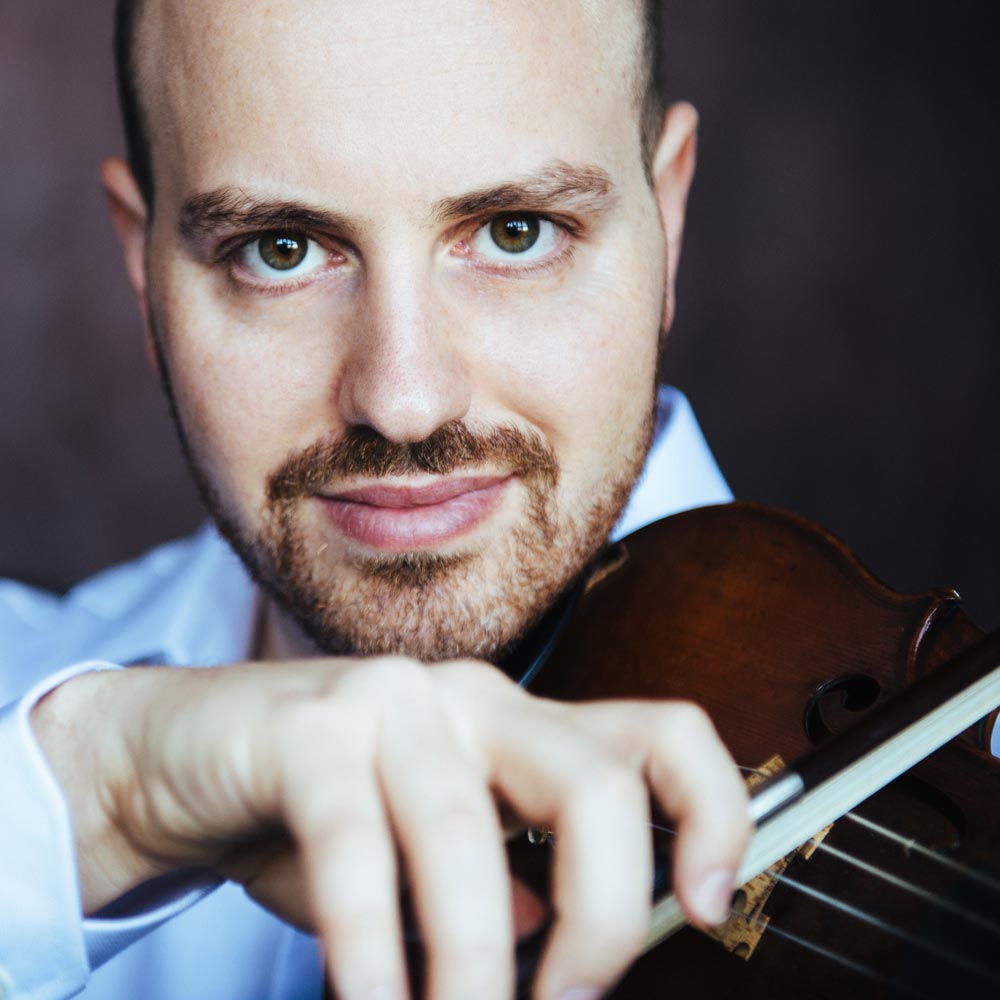
Composer, Violinist
Avner Finberg is an Israeli-American composer and violinist. He studied composition with Ari Ben-Shabtai at The Jerusalem Academy of Music, with Robert Cuckson at The Mannes College, and with Susan Botti at Manhattan School of Music, where he earned a doctorate dfasin composition in 2015.
Finberg’s music has been described by Steven Stucky as “reined, mature work of impeccable technique, original voice, and considerable ambition.” His musical inspirations stem from his Israeli roots and his current life in the United States, combining without discrimination multiple world music traditions with contemporary and classical music techniques and modern technology.
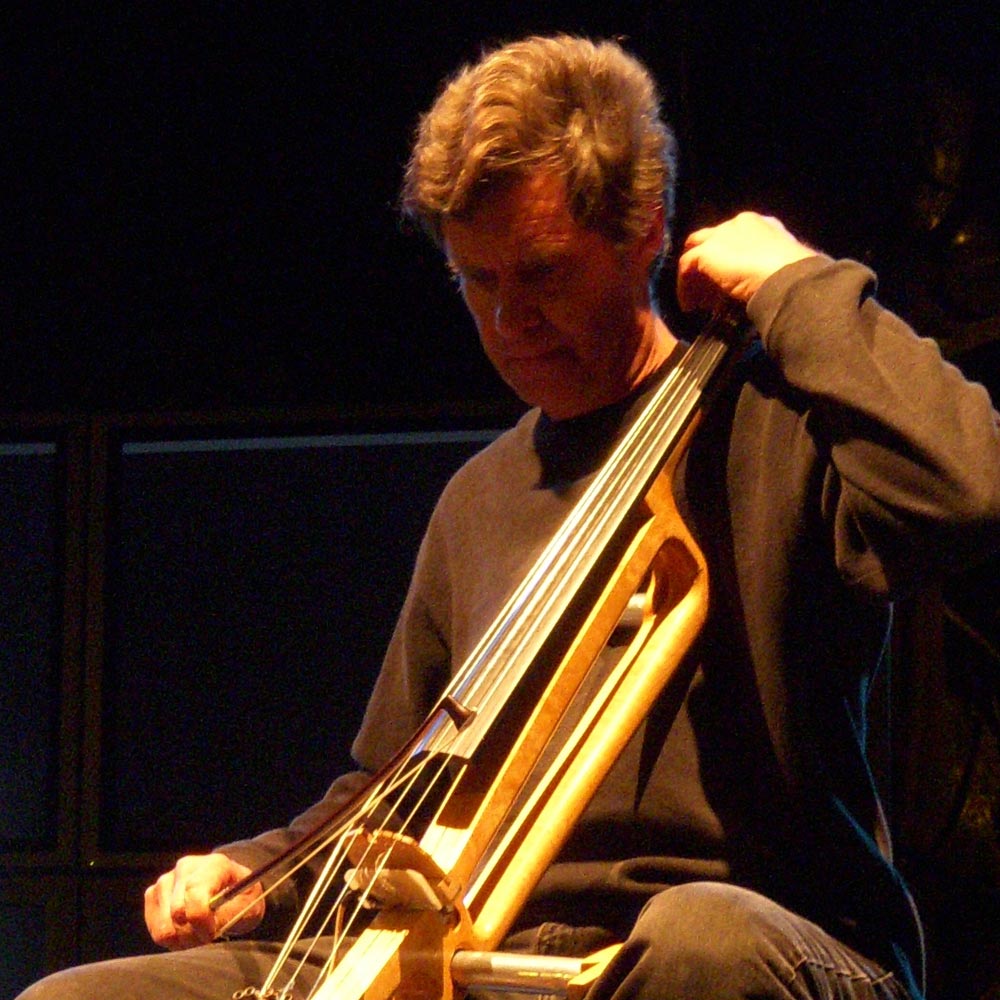
Cellist, Composer
Chris Chafe is a composer, improvisor, and cellist, developing much of his music alongside computer-based research. He is Director of Stanford University's Center for Computer Research in Music and Acoustics (CCRMA). At IRCAM (Paris) and The Banff Centre (Alberta), he pursued methods for digital synthesis, music performance, and real-time internet collaboration. CCRMA's SoundWIRE project involves live concertizing with musicians the world over. Online collaboration software including jacktrip and research into latency factors continue to evolve. An active performer either on the net or physically present, his music reaches audiences in dozens of countries and sometimes at novel venues.
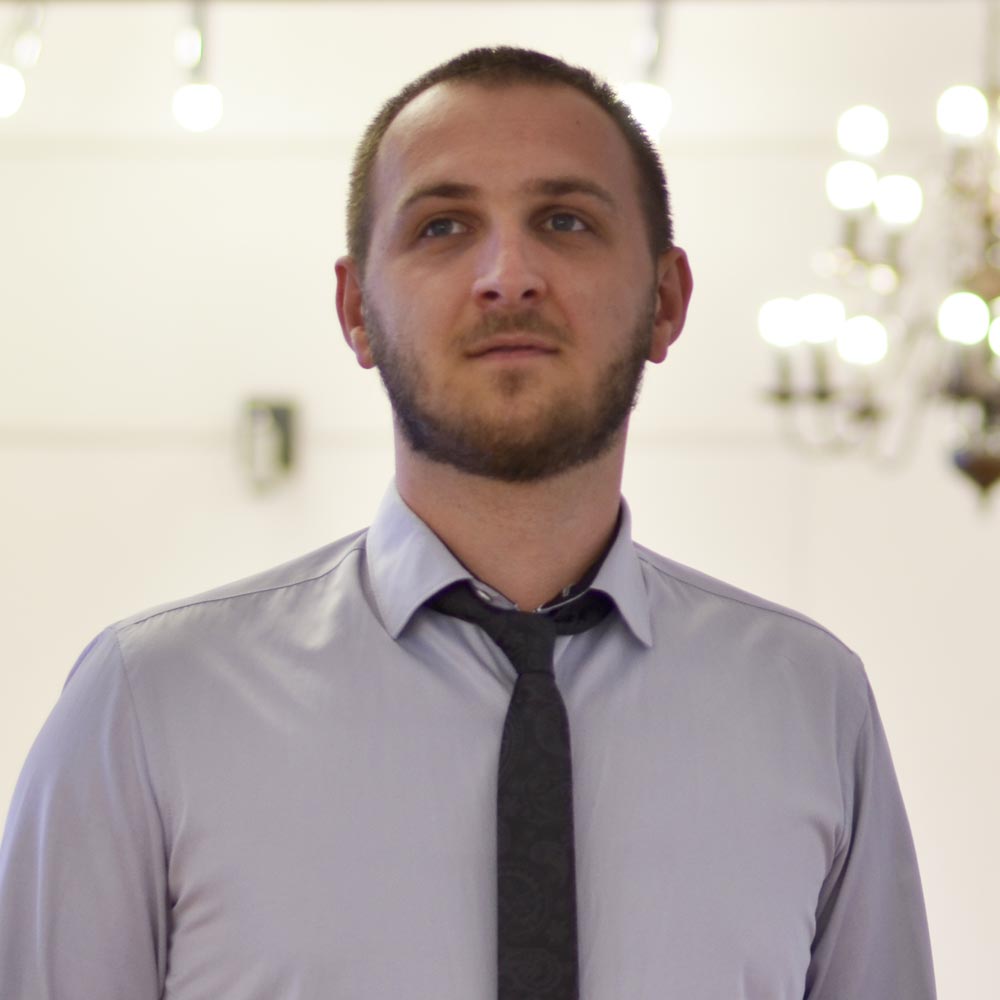
Composer
Born in Prijedor, Bosnia and Herzegovina in 1992, David Mastikosa is a younger-generation composer. Mastikosa attended the University of Banja Luka, Academy of Arts where he obtained a Bachelor's degree and a Master's degree. The same Academy elected him a Teaching Assistant in 2015, and later a Senior Teaching Assistant at the Department of Musical Theory and Composition in 2020.
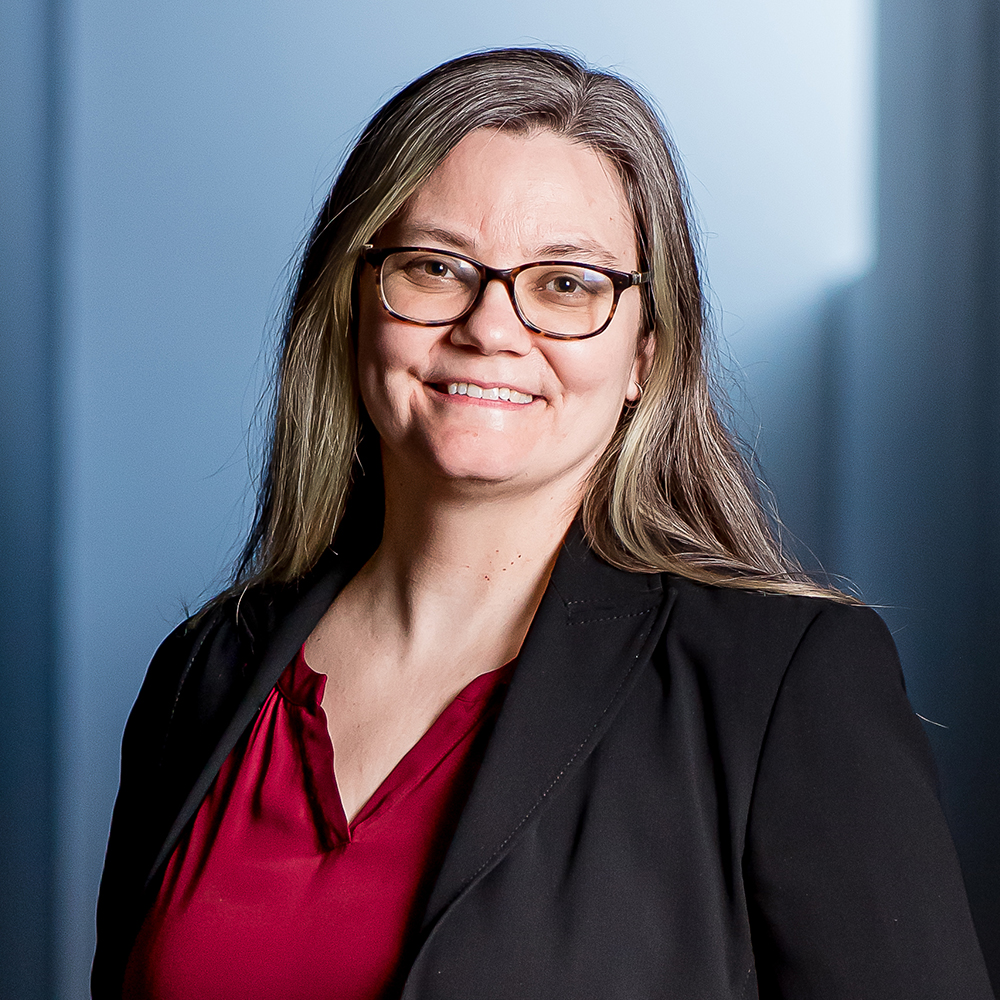
Composer
Composer Karen Sunabacka often finds inspiration from puzzles, stories, and her Métis and mixed European heritage. She has deep roots in the Red River Area (what is now known as Manitoba, Canada) and feels a strong connection to the Métis, Scottish, Swedish and Finnish cultures. This mix of cultural connections sometimes creates conflicts and new perspectives which she finds both interesting and challenging. Her music reflects this cultural mix through the exploration of the sounds and stories of the Canadian prairies.
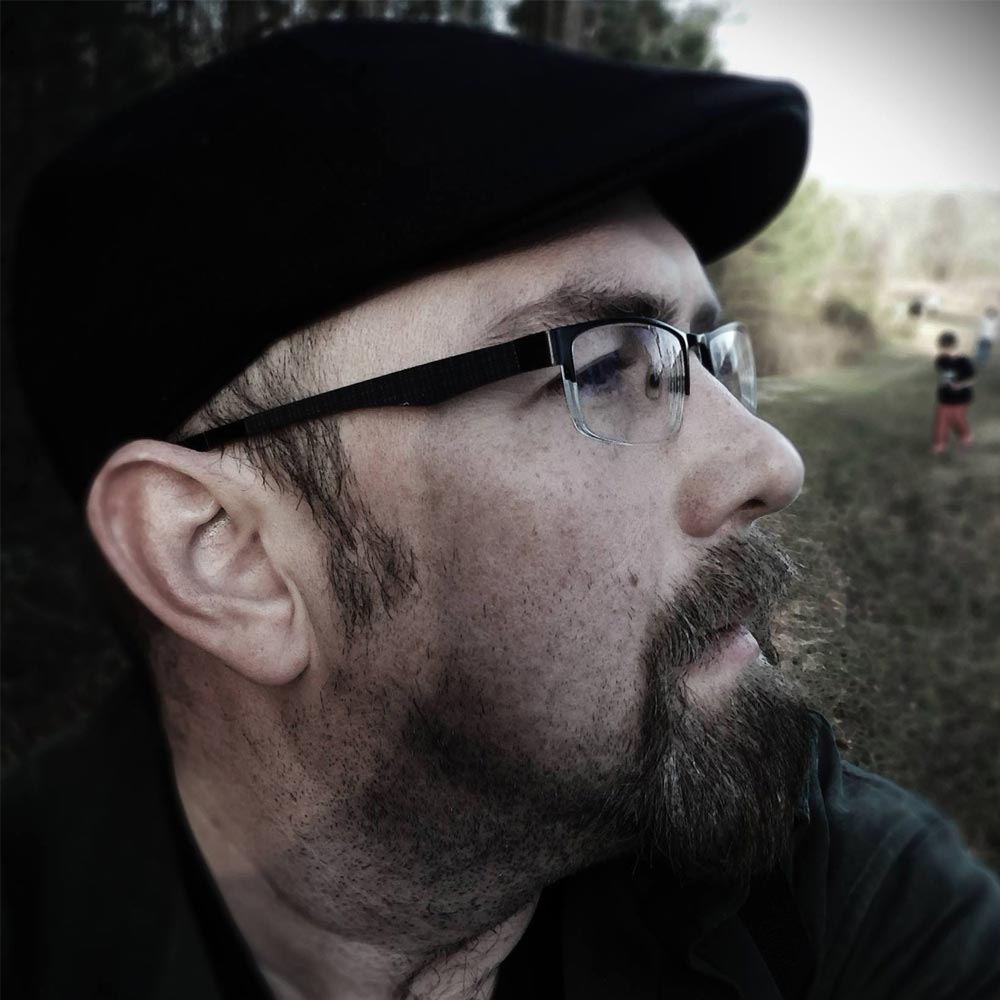
Composer
David R. Peoples writes with a ginger ale in-hand on a balcony surrounded by a forest. It’s from Flowery Branch GA, surrounded by nature, that all his compositions begin before being released into and around the world.
Peoples enjoys sharing his own and other composers’ new music in recitals. From April 2021 to May 2022, he presented recitals featuring over 100 composers in all 50 states through the National Association of Composers, Music Teachers National Association, Research on Contemporary Composition Conference, and Electrophonic Concerts. Peoples also actively composes new music with recent performances by soloists, Luna Nova Music Ensemble, Argento Chamber Ensemble, Contemporary Chamber Players, West Point Band, and other performance groups — with premieres in North and Central America, Europe, and Asia. Additionally, he has enjoyed jazz premieres by the Jazz Surge with Randy Brecker, David Sanchez, Rufus Reid, and Gary Foster.
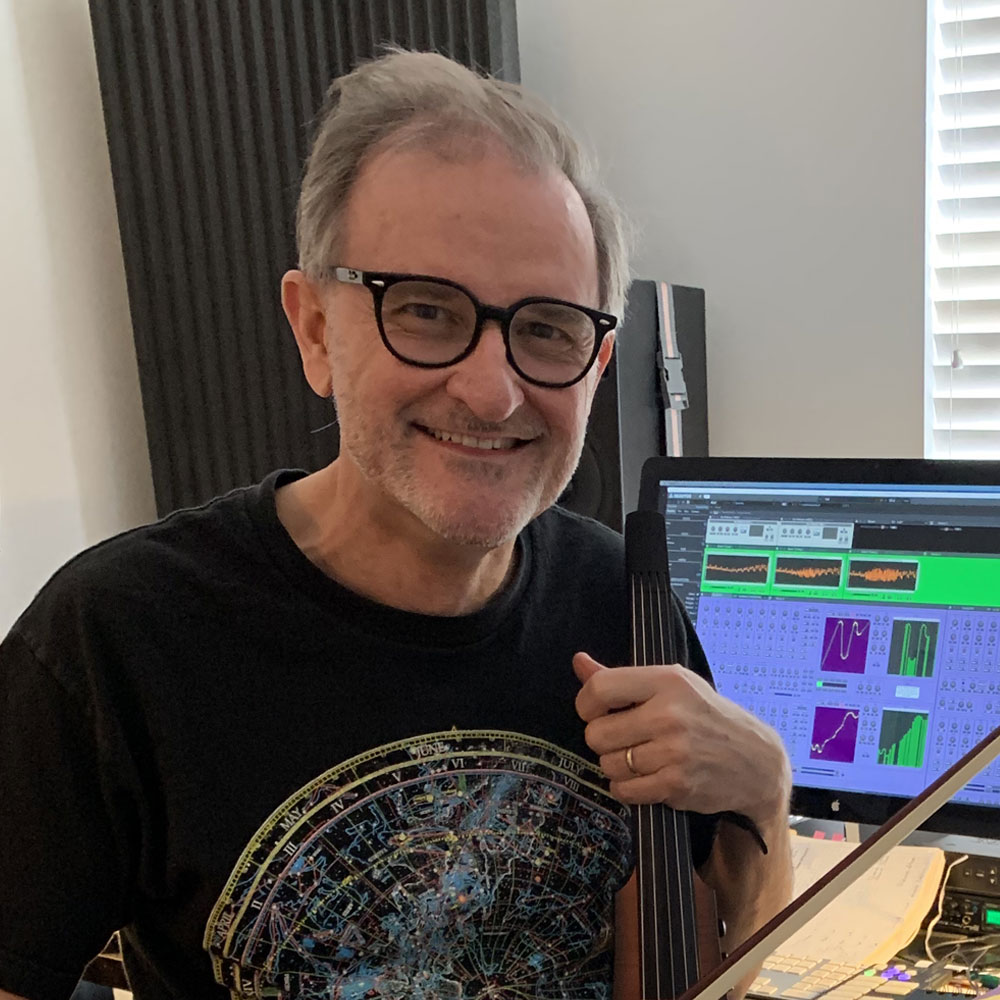
Composer, Performer
David Rosenboom is a post-genre composer-performer, interdisciplinary artist, author, and educator known as a pioneer in American experimental music. Since the 1960s, his multi-disciplinary work has traversed ideas about spontaneously evolving musical forms, languages for improvisation, new techniques in scoring, cross-cultural and large-form collaborations, performance art and literature, interactive multimedia and new instrument technologies, generative algorithmic systems, art-science research and philosophy, and extended musical interface with the human nervous system. He was Dean of The Herb Alpert School of Music at California Institute of the Arts from 1990 through 2020, where he now holds the Roy E. Disney Family Chair in Musical Composition.
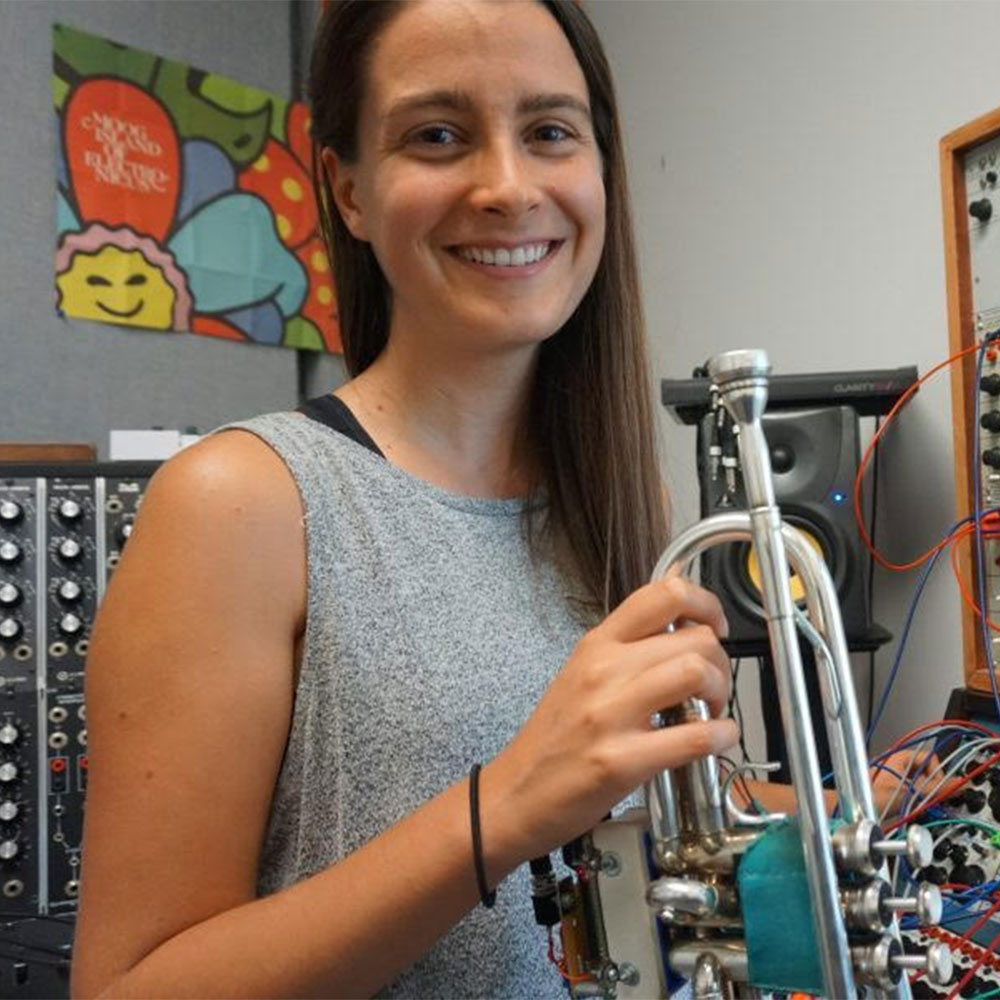
Composer, Performer
Sarah Belle Reid is a performer-composer who plays trumpet, modular synthesizer, and an ever-growing collection of handcrafted electroacoustic instruments. Her unique musical voice explores the intersections between contemporary classical music, experimental and interactive electronics, sound installation, visual arts, noise music, and improvisation. Often praised for her ability to transport audience members through vivid sonic adventures, Reid’s sonic palette has been described as ranging from “graceful” and “danceable” all the way to “silk-falling-through-space,” and “pit-full-of-centipedes” (San Francisco Classical Voice).
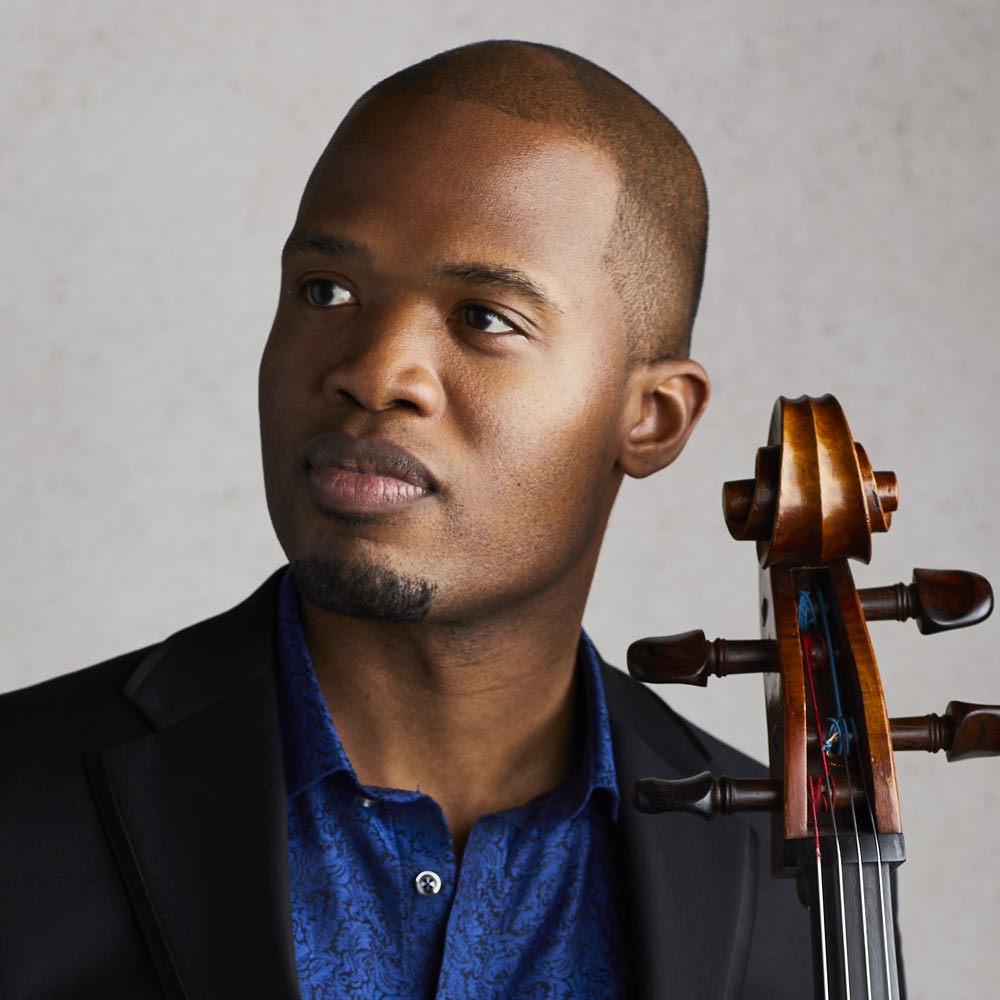
Cellist, Composer
With his unique blending of musical styles, cellist Caleb Vaughn-Jones’s playing style has been described by The Baltimore Sun as an “exploratory grasp of the cello with an anything-but-classical approach to the classical repertoire.”
Born in Charleston SC, Vaughn-Jones had his first exposure to classical music by attending performances by the Charleston Symphony Orchestra.
During his teens, he was inspired by a wide range of musical styles. However, he grew increasingly interested in jazz and classical music during this time.
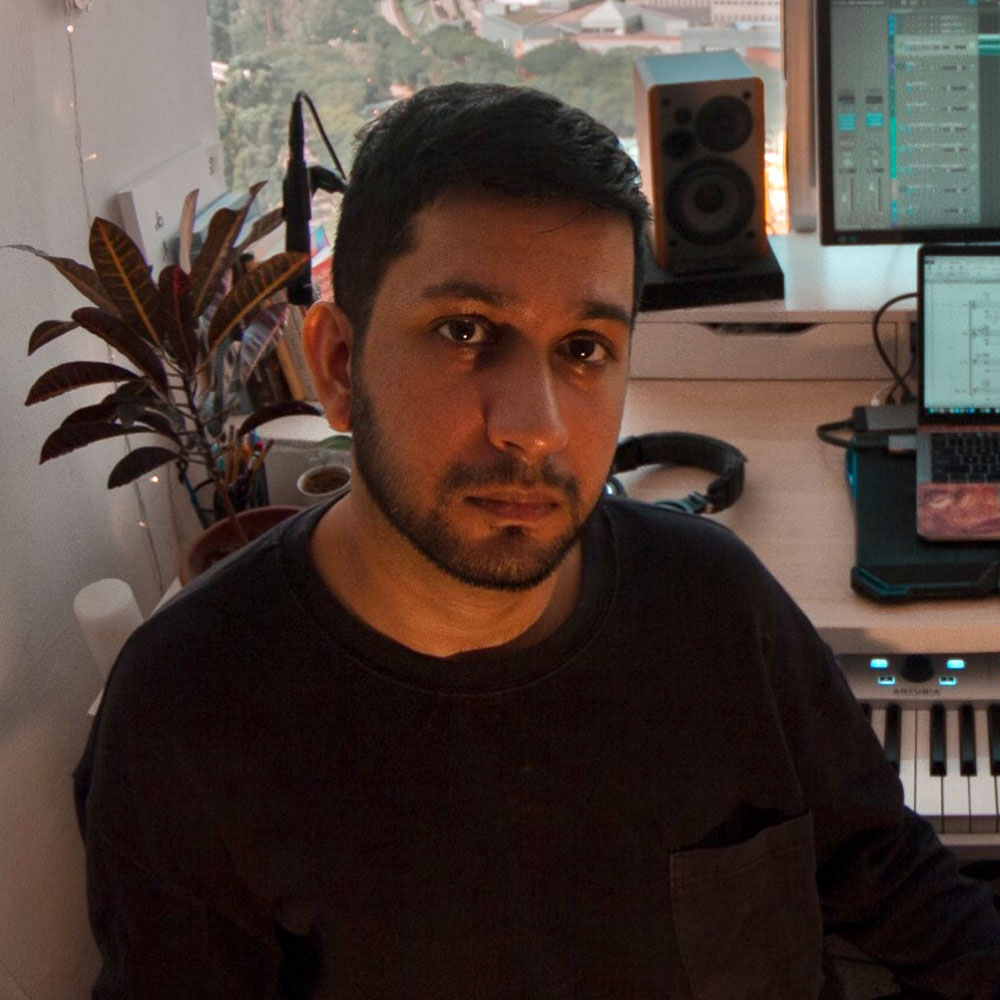
Composer
Avik Chari is a composer and sound designer obsessed with non-linear and interactive media. He embraces the use of space as a tool for musical structure and storytelling through his sound installations and electro-acoustic works. His latest works focus on ambience and space, and take a calm, meditative approach to rhythm, with pieces such as i’ll be there for you and memories. His music has been performed by the Singapore Symphony Orchestra, Transient Canvas, Eureka Ensemble, and the Boston Conservatory Choruses, and used in video games such as Covidopoly and Assemble This.
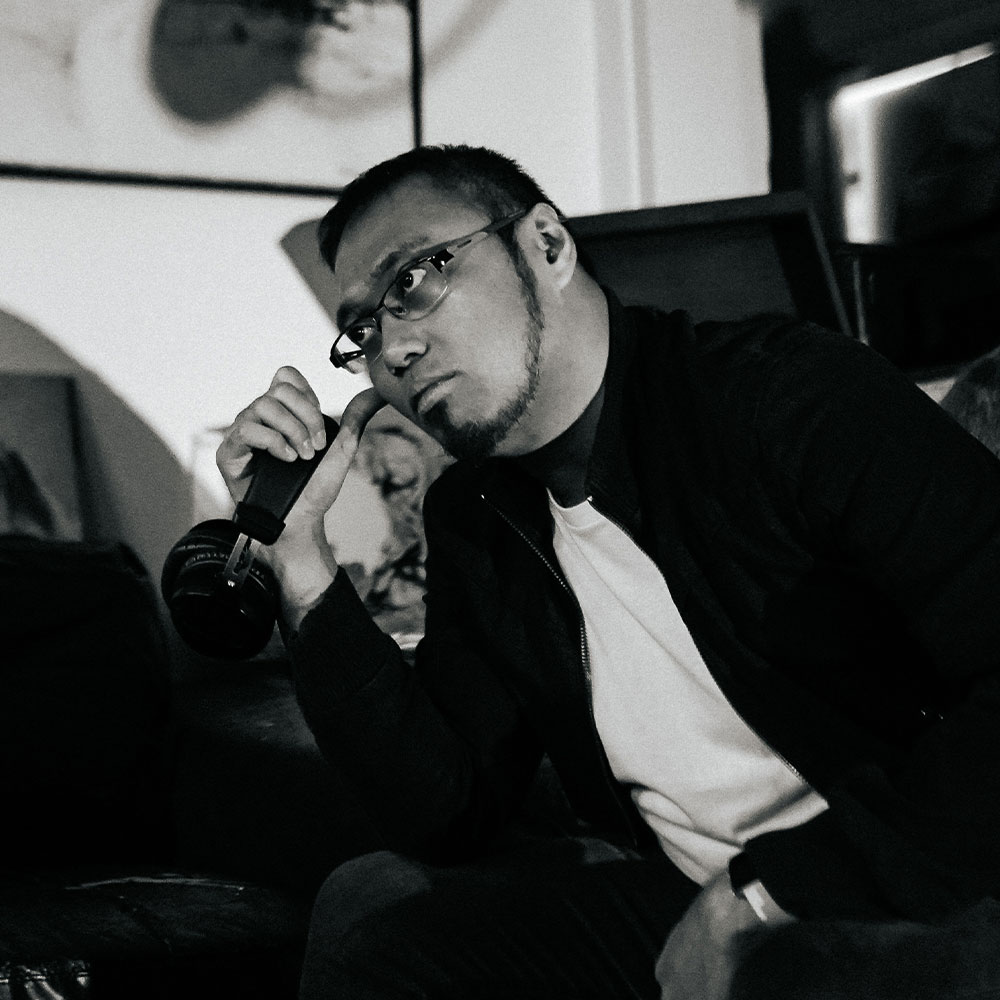
Composer
With music “[thriving] in the sustained tension, like the kinetic energy emanating from the corners of a frame, the opposing forces holding up a house” (Rachel Evangeline Chiong, 2022), Toronto-based composer Juro Kim Feliz has internationally presented his work across Southeast Asia, North America, and Europe. Born and raised in the Philippines, he studied composition at the University of the Philippines and McGill University under Jonas Baes and Melissa Hui. He also sought further mentorship from composers Liza Lim, Dieter Mack, Linda Catlin Smith, and Japanese koto artists Hiroko Nagai and Masayo Ishigure.
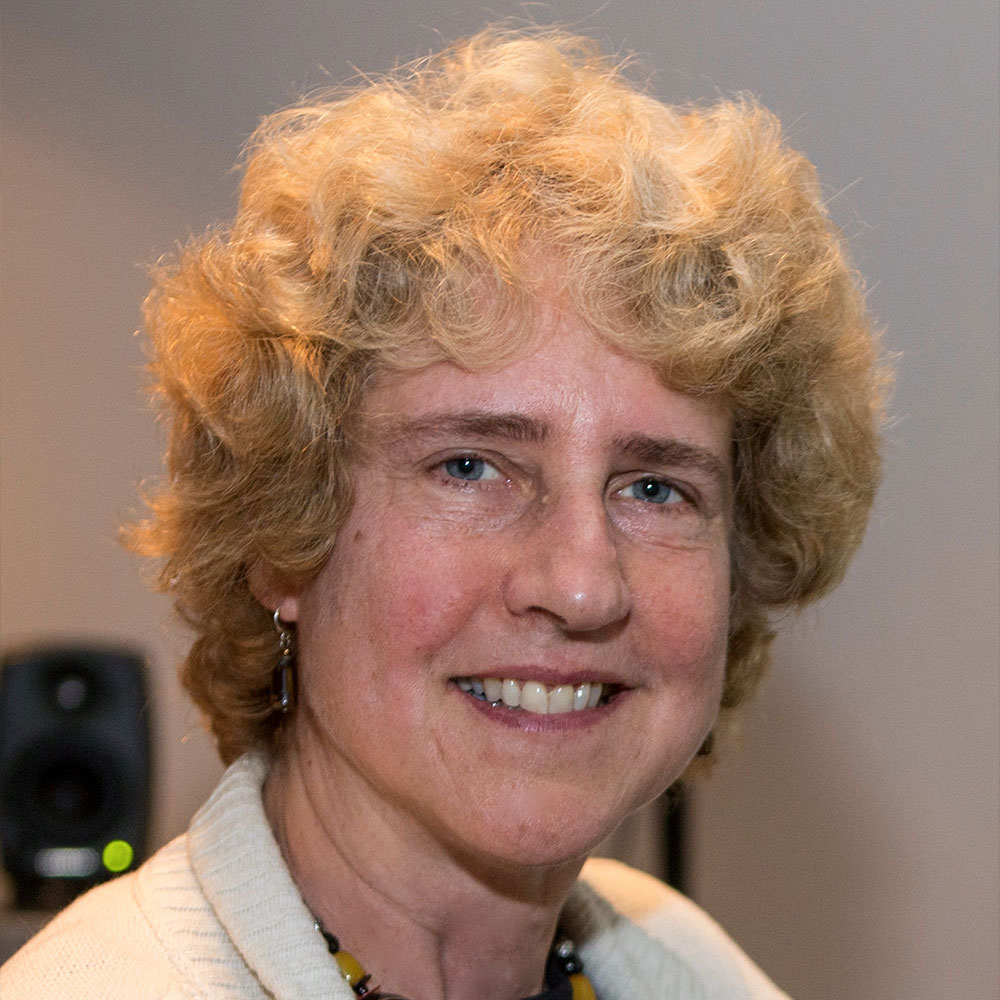
Composer
Mara Helmuth has been enthusiastically involved with electronic and computer music composition and research for decades. Recent works include Racket Routes, for eight-channel audio, based on tennis sounds, Opening Spaces, for video, based on a Menger sponge model, Cold Brew, a graphic score for flute, clarinet, and fixed media based on the coffee genome, Onsen: Hot Springs, for vibraphone and fixed media, and Tranquilarea, for virtual reality installation. She is currently Professor of Composition at College-Conservatory of Music, University of Cincinnati and director of its Center for Computer Music, where she developed a program of courses in computer music.
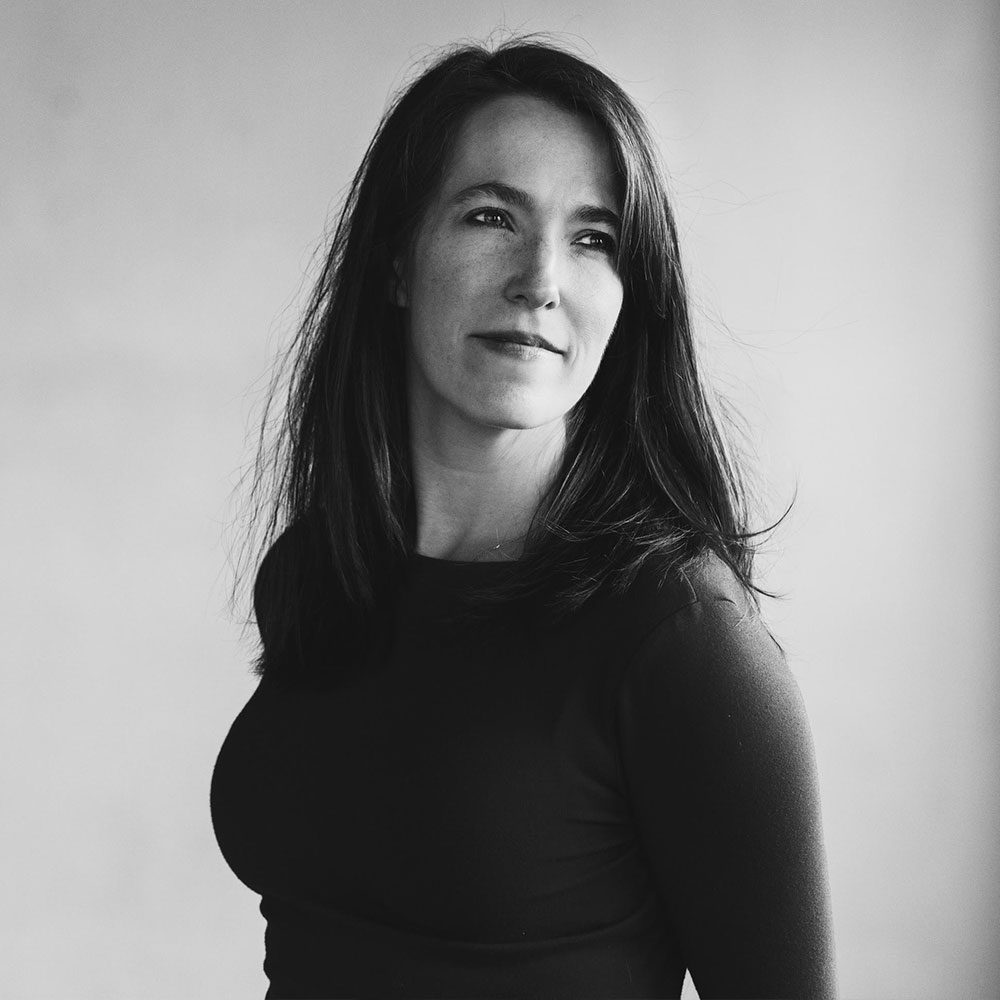
Clarinetist, Composer
An engaging and accomplished clarinetist, Andrea Vos-Rochefort regularly premieres new works in recitals and at Clarinetfest, and has performed with the Dayton Philharmonic, Orchestra Kentucky, Richmond Symphony, Lima Orchestra, Carmel Symphony, Cincinnati Chamber Orchestra, Cincinnati Symphony Orchestra, West Virginia Symphony, Fort Worth Symphony, Corpus Christi Symphony, Midland-Odessa Symphony, and San Antonio Symphony. Vos-Rochefort is the Assistant Professor of Clarinet at Texas A&M University-Kingsville and previously served as Adjunct Instructor of Clarinet at University of Dayton and Stivers School for the Arts.
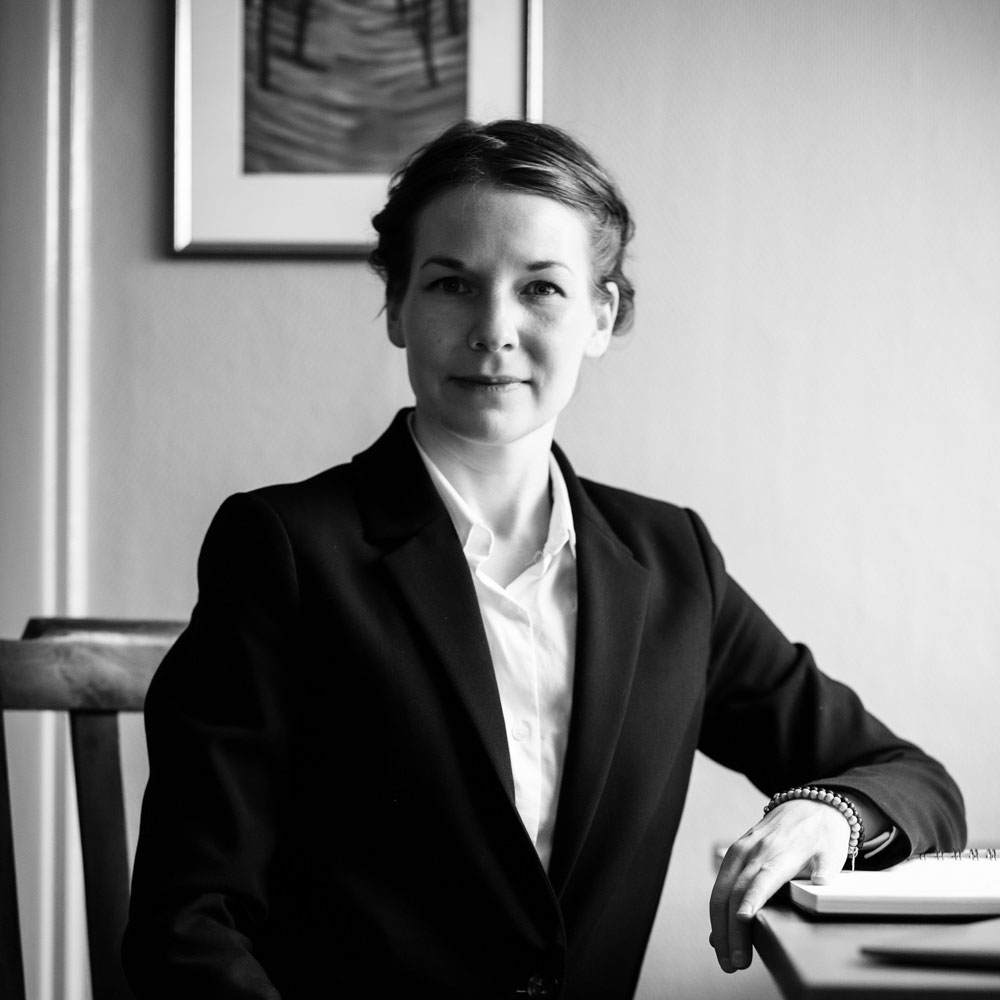
Composer
To listen to Rebecka Sofia Ahvenniemi’s music is to become open to the possibility of hearing surprising things: in her work, and through her compositional methods, the familiar is made strange and the unfamiliar finds space to sound. One encounters quotations from music history (or are they imagined quotations?), as well as fragmented and invented languages. The listener is invited to explore the intimate and hidden, gestural and timbral qualities of sound. Working with scores, electronics, voices, and instruments, Ahvenniemi creates works that range from operatic and theatrical scenes to solo compositions.
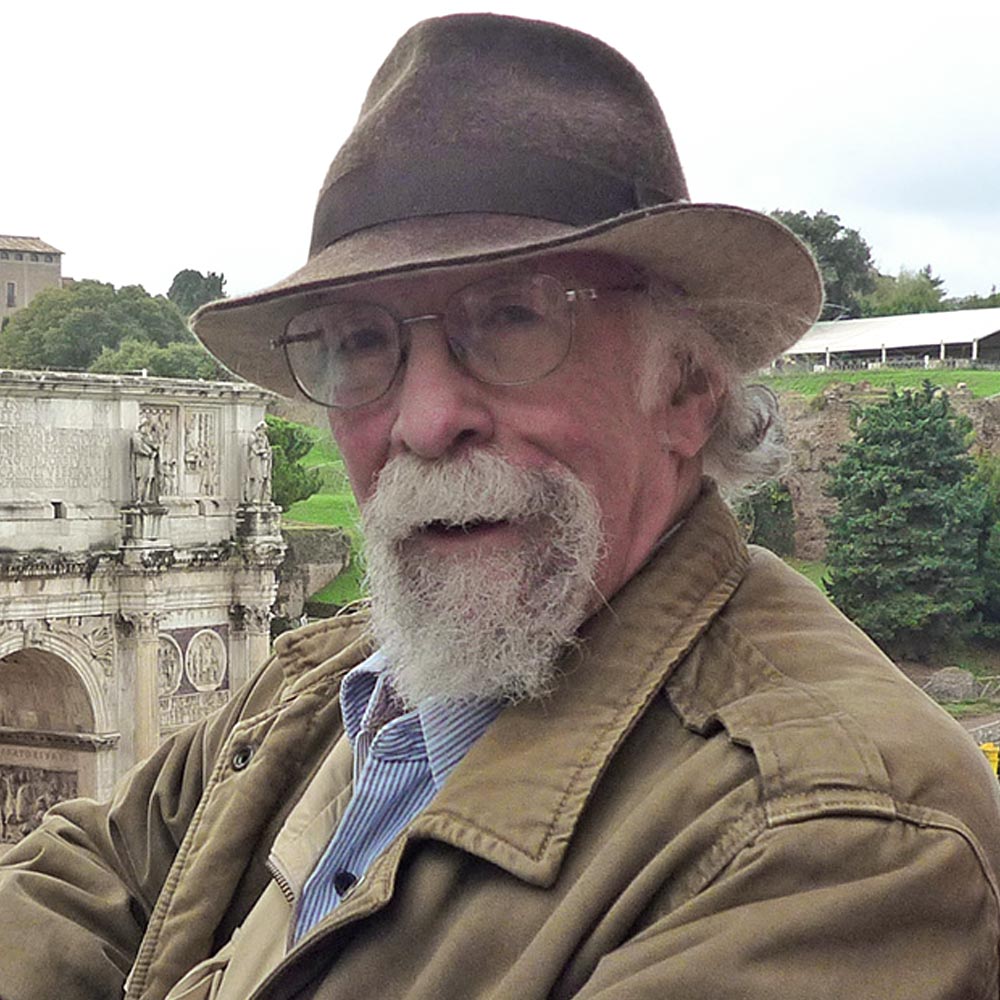
Composer
James Dashow has had commissions, awards and grants from the Bourges International Festival of Experimental Music, the Guggenheim Memorial Foundation, Linz Ars Electronica Festival, the Fromm Foundation, the Biennale di Venezia, the USA National Endowment for the Arts, RAI (Italian National Radio), the American Academy and Institute of Arts and Letters, the Rockefeller Foundation, Il Cantiere Internazionale d’Arte (Montepulciano, Italy), the Koussevitzky Foundation, Prague Musica Nova, and the Harvard Musical Association of Boston. In 2000, he was awarded the prestigious Prix Magistere at the 30th Festival International de Musique et d’Art Sonore Electroacoustiques in Bourges.
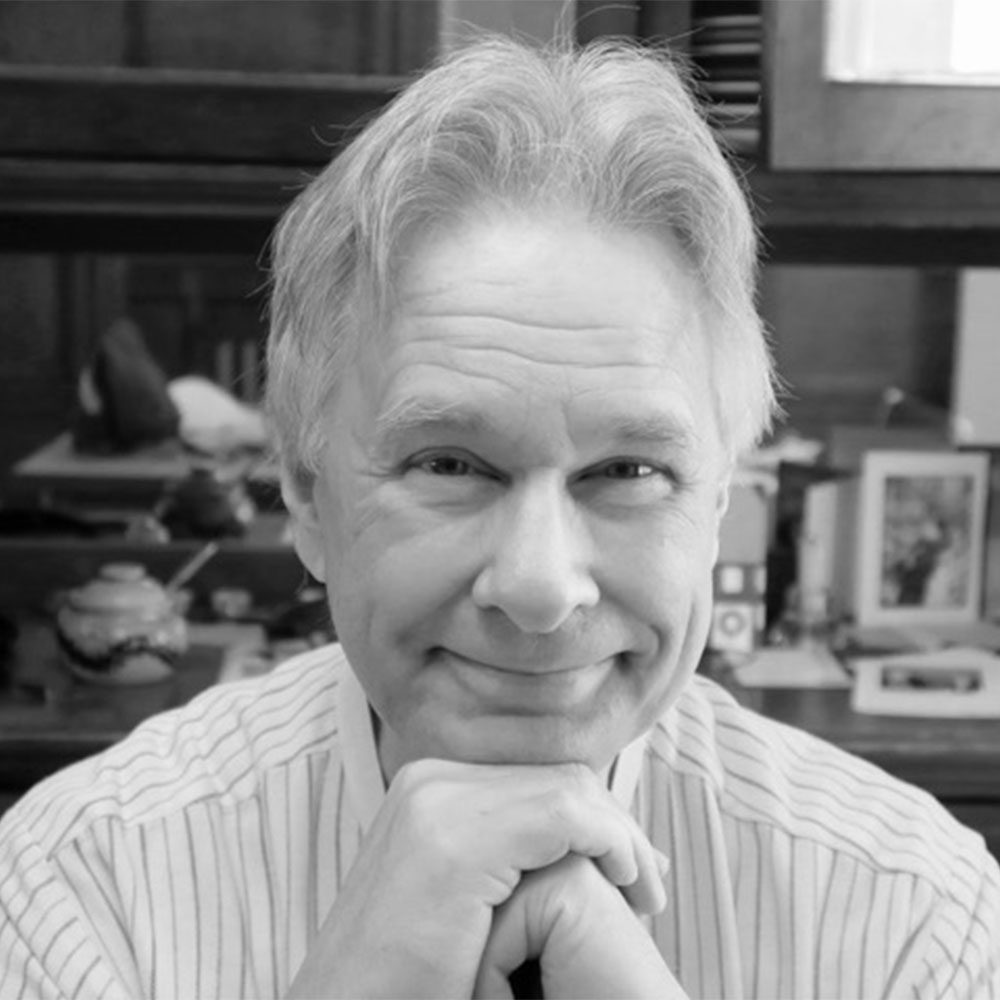
Composer
Mark Winges was born in Louisville, Kentucky, and currently resides in San Francisco, where he has been resident composer/advisor for the chamber choir Volti since 1990. He was also composer-in-residence for the San Francisco Choral Artists in the 2012–13 season. He is a graduate of both the University of Cincinnati College-Conservatory of Music and San Francisco State University, and has studied at the Musikhögskolan in Stockholm, Sweden, with composer Arne Mellnäs.
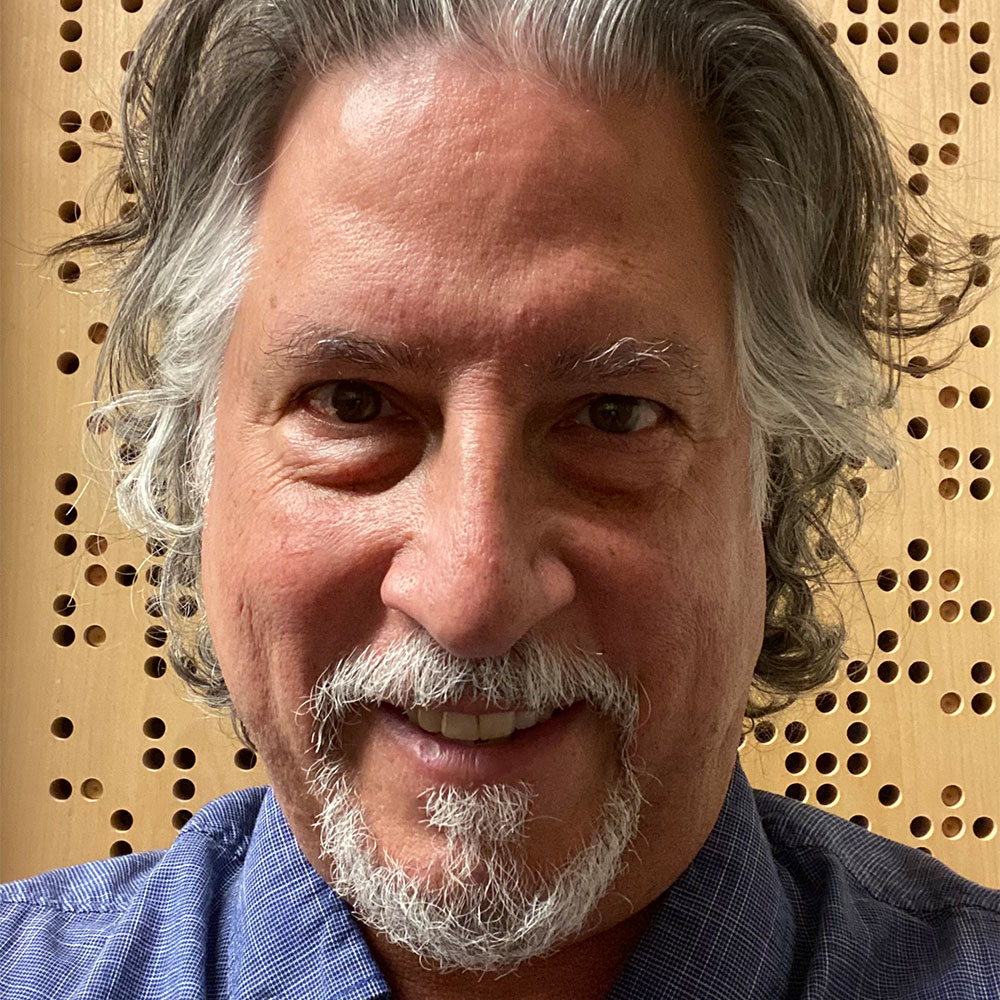
Composer
Jean-Paul Perrotte is an American composer of French and Ecuadorian descent whose work includes compositions for electronics, acoustic instruments, voice, video, dancers, and improvisation using Max/MSP. His works have been performed internationally and presented in prestigious art galleries like the Bemis Center for Contemporary Arts in Omaha NE. Perrotte has also co-written a chapter with Brett Van Hoesen titled Sound Art - New Only in Name: A Selected History of German Sound Works from the Last Century from the edited volume Germany in the Loud Twentieth Century. Perrotte received his Ph.D. in Composition from the University of Iowa in 2013 and is currently Assistant Professor of Composition and Director of the ElectroAcoustic Composition Laboratory at the University of Nevada, Reno.
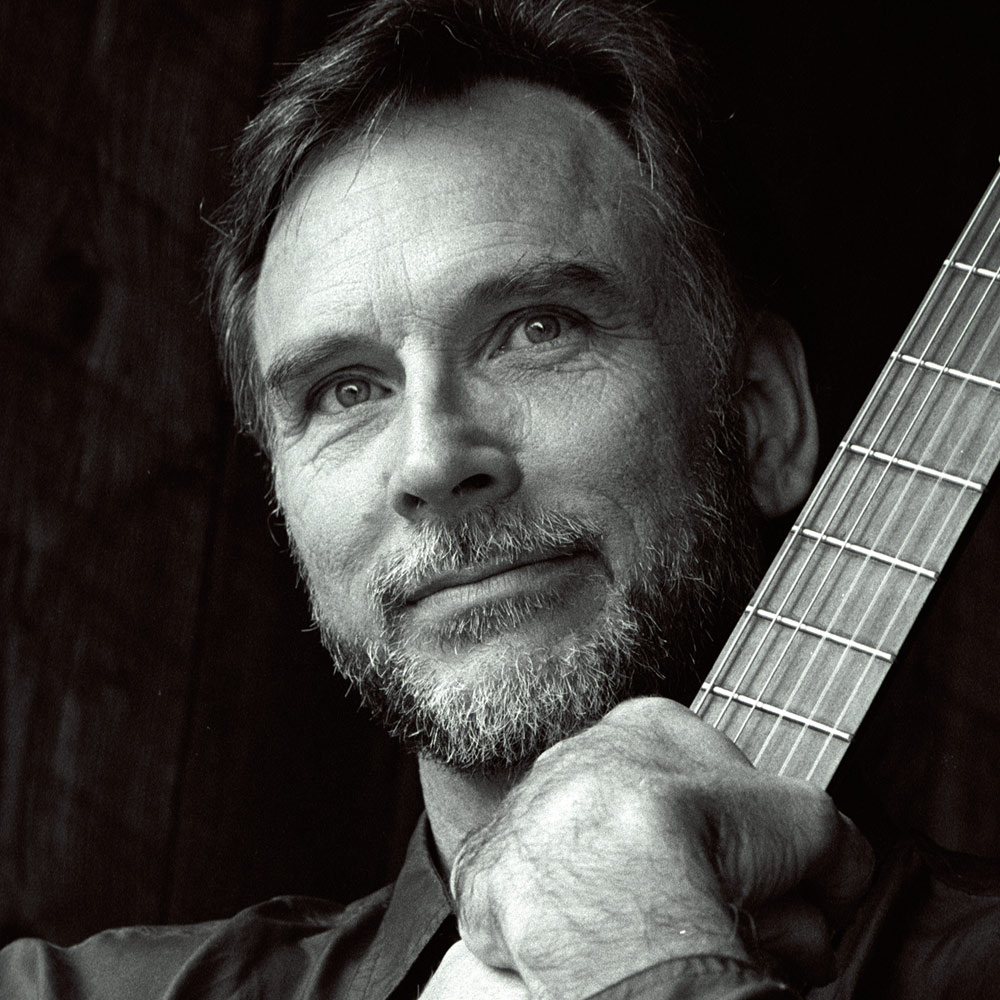
Composer, Guitarist
He shared a birthday with composers Benjamin Britten and Joaquín Rodrigo. He died the same day as Andrés Segovia. Hailed as “one of our age’s truly important composers,” Frank Wallace was a rare artist whose wizardry on his instrument rivaled the range and depth of his musical ideas in composition. He left us at 67 at the height of his powers, having enjoyed a distinguished career as a concert and recording artist, composer, director, and teacher. The American Record Guide calls Wallace’s music “exciting, unpredictable, and fresh” and Guitar Review “a brilliant collection of new repertoire performed by its composer, who happens to play with equal amounts of grace, sensitivity, and virtuosity.” His colleagues speak with one voice—guitarist Bill Kanengiser: “What a shining and big-hearted spirit, imbued with laughter, love and boundless creativity. [His] grace and artistry are an inspiration to us all.”—composer Stephen Goss: “a wonderful human, a deep thinker and a fantastic musician…Inventiveness, creativity, and fantasy in abundance.”
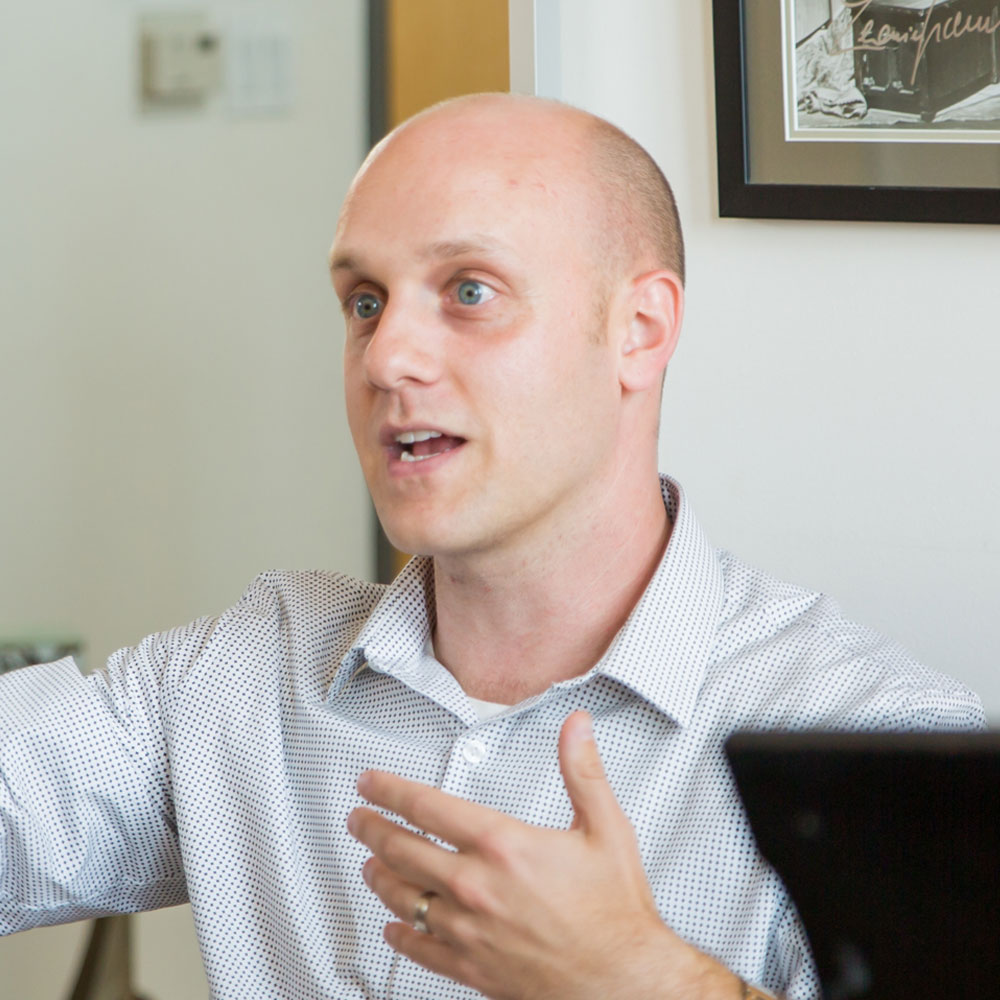
Composer
Believing that opera should be theater grounded in climactic expression and deliver larger-than-life stories with music that harnesses the full athletic thrill of singing, Evan Mack has devoted much of his compositional life to opera and song. His first major operatic composition, Angel of the Amazon was premiered in 2011 by Encompass New Opera Theatre at the Baryshnikov Arts Center in New York City and was subsequently released on CD worldwide by Albany Records. Two years later, Fresno State Opera Theater premiered another composition by Mack, The Secret of Luca. This was the first of several collaborations with librettist Joshua McGuire.
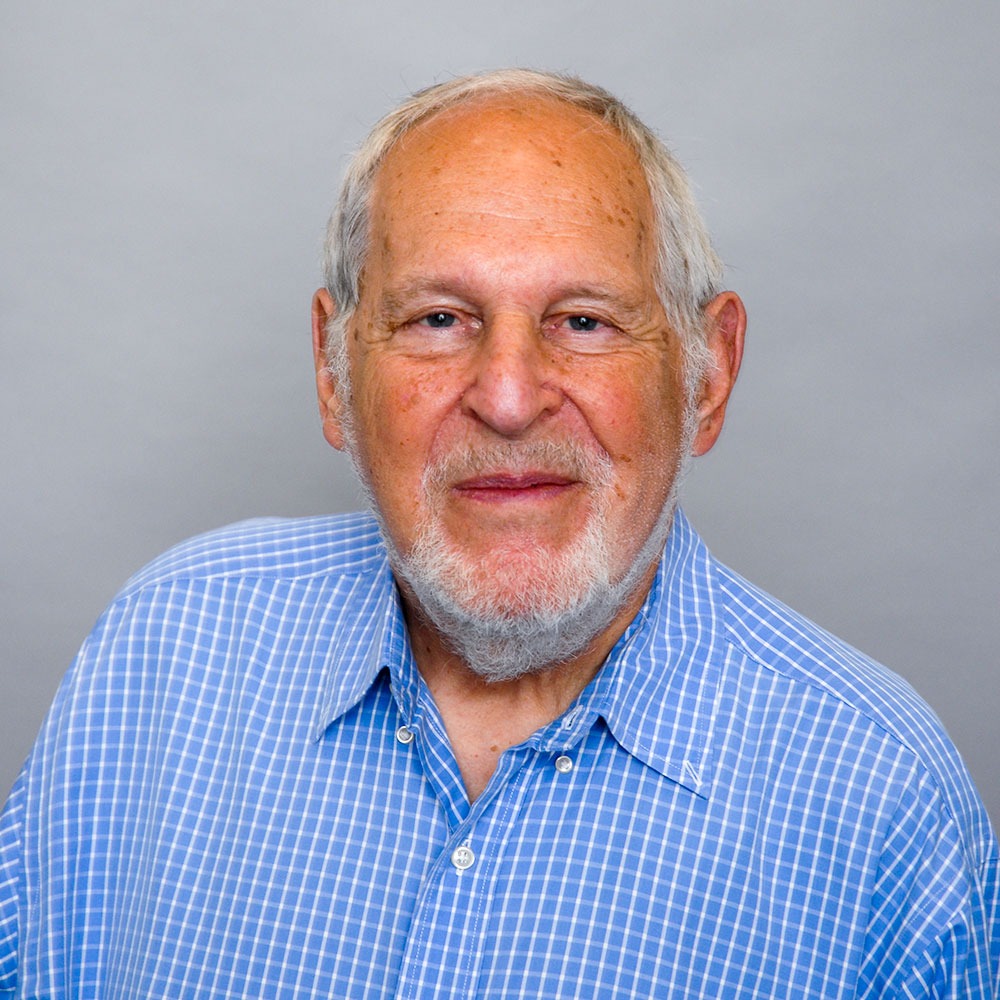
Composer
Herbert Deutsch was a composer, author, educator, and performer, and was Professor of Music at Hofstra University for 57 years. He is a composer of music in various media and his work has been widely performed, and commissioned works have been featured at national and regional conferences. In 1972, Deutsch co-founded the Long Island Composers Alliance. During his career at Hofstra, he founded Jazz Ensemble, Electronic Music Studios, New Music Ensemble, and created the B.S. Degree programs in Jazz, Composition/Theory and Music Business. He received the George Estabrook Distinguished Alumni Award in 1996 and the Hofstra Alumni Achievement Award in 2001. The Music Department has established the Herbert Deutsch Award for highest honors in Music Education.
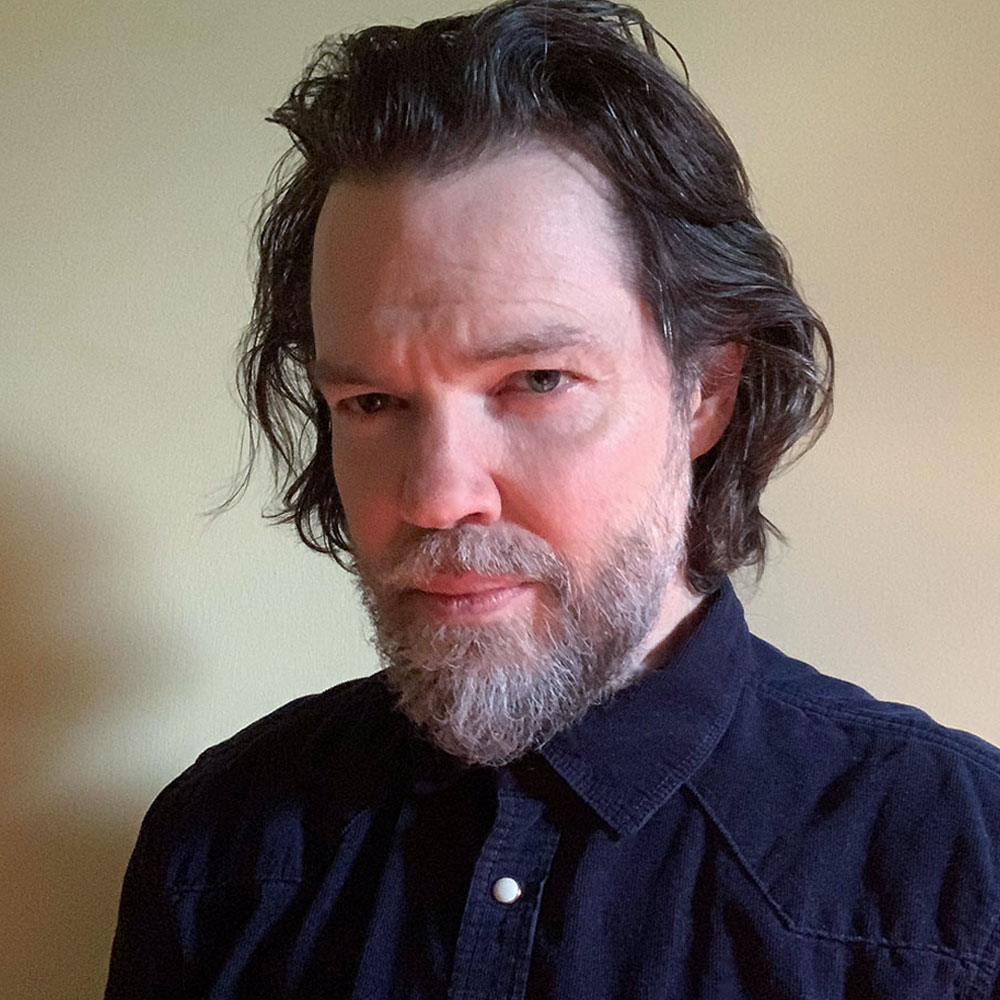
Composer
Jonathan Badger is a guitarist, composer, and video artist. He studied composition with Stephen Jaffe, Scott Lindroth, and John Harbison at Duke University; he also studied Guitar Craft, a tradition founded and guided by Robert Fripp of King Crimson. Badger’s work ranges from postrock sludge to neobaroque chamber music, and includes compositions for solo piano, string quartet, and vocal ensembles. In his live solo performances his compositions and improvisations are rendered using a variety of electronic implements while maintaining the character of solo guitar.
Composers
©2024 Ravello Records. All rights reserved. Website by PARMA Recordings. | Privacy Policy
